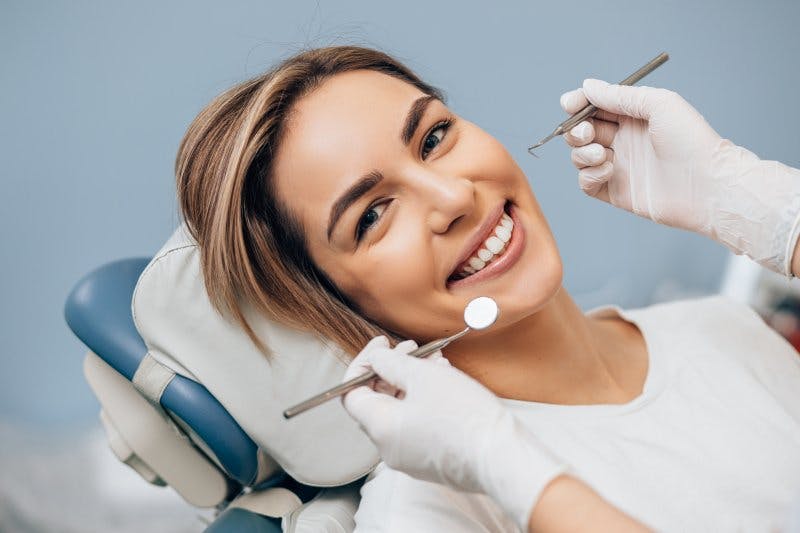
Once you’ve gotten dental implants, you might think everything’s settled. Starting now, you can enjoy the full benefits of your restored smile! However, you’re not out of the woods yet; you still need to recover from your procedure. After all, your implants won’t work if your body doesn’t adapt to them properly. Is there anything you can do to help the healing process? As it turns out, there is — get more vitamin D! This nutrient improves the odds of your treatment’s long-term success. Learn more in this summary of the matter from your dentist in Trophy Club.
How Does Vitamin D Help?
If you want to increase your vitamin D intake, some practices will let you do so. These include:
Improving Osseointegration
As you may know, vitamin D promotes healthy bones. It allows you to absorb calcium, which lets your body grow and strengthen bone tissue.
Among other things, this bone growth helps your implants fuse with your jawbone. That’s very important, as said fusion is necessary for your replacement teeth to stay rooted and secure.
Reducing the Chance of Post-Treatment Infection
Another of vitamin D’s effects is that it regulates your immune system. In particular, it has anti-inflammatory and antioxidant traits that protect you from diseases and infections.
Given these facts, vitamin D reduces the chance of post-treatment complications like tooth infections or gum disease. Since such conditions often lead to implant failure, the nutrient thus ensures your treatment works well.
Tips on Getting Vitamin D
If you want to increase your vitamin D intake, there are practices that’d let you do so. Some of them include:
Eating a vitamin-rich diet – Vitamin D is an ingredient in many. Items like fatty fish, fortified orange juice, fortified cereals, and beef liver are especially good examples.Tanning/Sunning yourself – Your body produces more vitamin D as it receives light from the sun. Consider getting some sunshine for around 20 minutes a day.Taking a daily supplement – A regular supplement from a trusted brand could also work to improve vitamin D levels.
You can and should care for your implants with good oral hygiene — brushing your teeth twice daily, flossing once daily, and rinsing with mouthwash. Just remember to get more vitamin D while you’re at it!
About the Author
Dr. David Crumpton is a dentist based in Trophy Club, TX, having earned his DDS from the Baylor College of Dentistry. To date, he’s completed continuing education courses at UT San Antonio, the Pikos Institute, and the Kois Center. His specialties are preventive, cosmetic, and restorative dentistry, though he’s also a Gold Provider of Invisalign. He currently practices at his self-titled clinic and can be reached at his website or by phone at (817)-491-3344.

